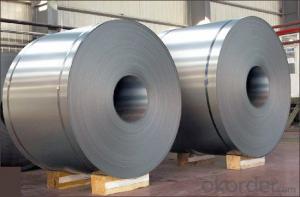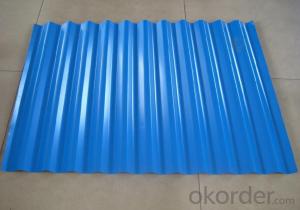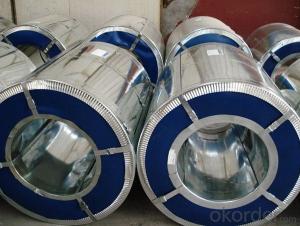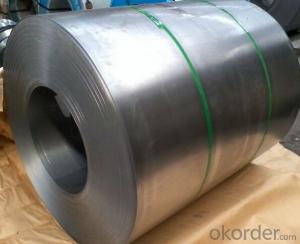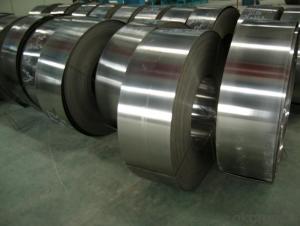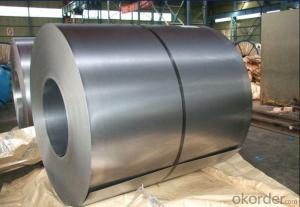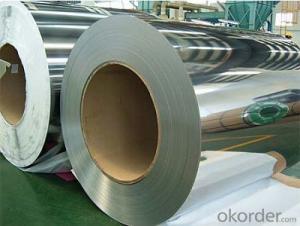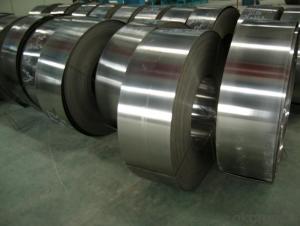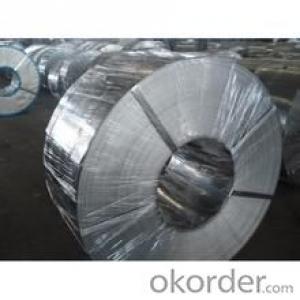Cold Rolled Steel 1250mm Max Chinese Best
- Loading Port:
- China main port
- Payment Terms:
- TT OR LC
- Min Order Qty:
- 50 m.t.
- Supply Capability:
- 10000 m.t./month
OKorder Service Pledge
OKorder Financial Service
You Might Also Like
Cold Rolled Steel 1250mm Max China Best
1.Structure Description:
The raw material of cold rolled steel coil/sheet is high quality hot rolled product, and after pickling continuous rolling, degreasing, annealing,skin pass,slitting and cut to length line etc. Along with it many kinds of new technology and new process of global cold rolling production have been applied. Therefore the quality of the goods could be guaranteed. The product is widely used in outdoor and interior decoration, furnishing manufacturing, home appliance, automobile etc.
2.Main Features :
• Excellent process capability
• Smooth and flat surface
• Workability, durability
• Excellent heat resistance performance
• High strength
3. Cold Rolled Steel Images
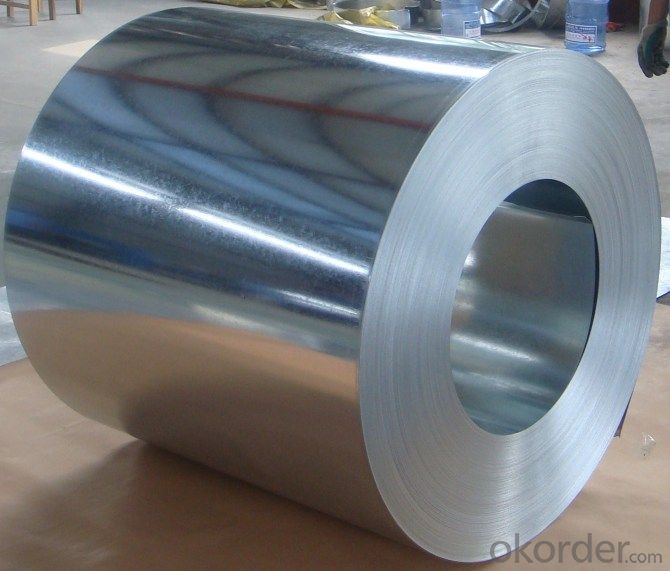
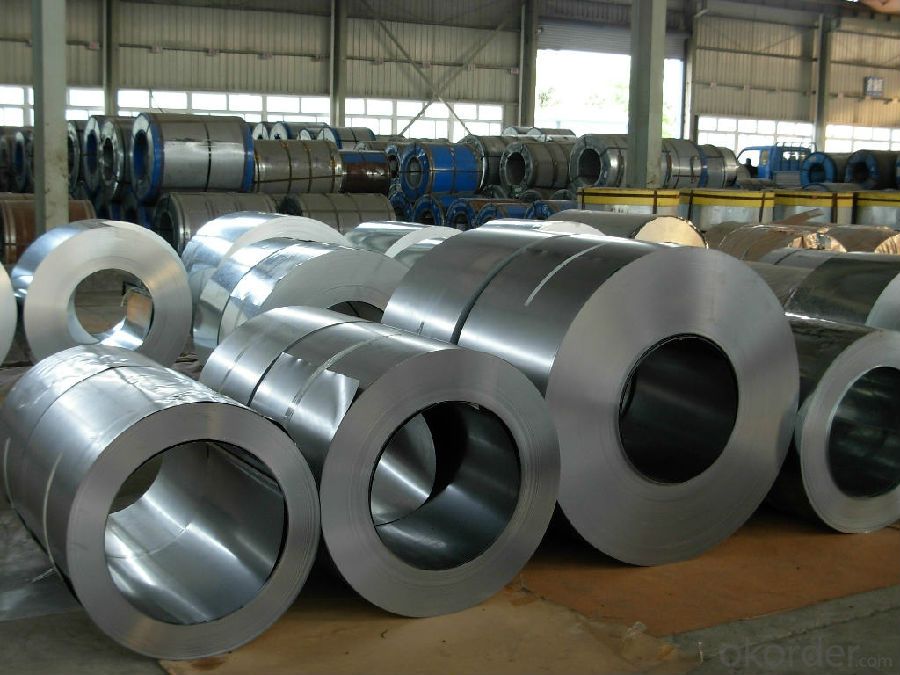
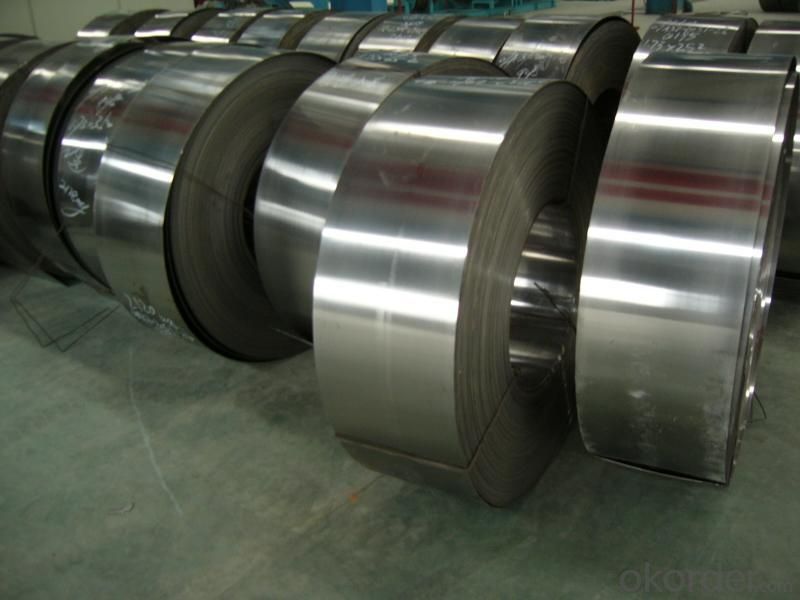
4.Cold Rolled Steel Specification
Standard:AISI,ASTM,DIN,GB,JIS,JIS G3302 ASTM 653M EN10142
Grade: Q195~Q345
Thickness: 0.16mm~2.0mm
Width: 1250mm MAX
Coil weight:3-12 MT
5. FAQ of Cold Rolled Steel
1.How to guarantee the quality of the products?
We have established the international advanced quality management system,every link from raw material to final product we have strict quality test;We resolutely put an end to unqualified products flowing into the market.
2. How long can we receive the product after purchase?
Usually within thirty working days after receiving buyer’s advance payment or LC. We will arrange the factory manufacturing as soon as possible. The cargo readiness usually takes 15-25 days, but the shipment will depend on the vessel situation.
- Q: What are the environmental considerations when using steel coils?
- Some environmental considerations when using steel coils include the emissions and energy consumption associated with the production and transportation of the coils, as well as the potential for waste generation during processing and disposal. It is important to ensure that steel production practices adhere to sustainable and eco-friendly standards to minimize the environmental impact. Additionally, proper handling and recycling of steel coils at the end of their life cycle is crucial to reduce resource depletion and waste accumulation.
- Q: Hi, I live in the Boston area and I'm trying to find a steel suppler that can provide mild steel for hobby welding. I can go through my job, but we only put in orders every couple of months so it's not very convenient. Also, the few suppliers I've found only sell in bulk. So if anyone knows where I can angle irons, flat bars, sheets, etc... by the piece it would greatly appreciated. Thanks
- They will sell any quantity of metal and even cut it to size - my experience has been that their prices are not wildly out of line for single pieces of full length stock compared to buying singles where you have to buy a minimum. They also may have sizes that ordinary places consider odd. I was looking for 5/8 square 16 gauge and was told it would have to be shipped in from Houston (to Dallas) by my nearest supplier and found it in stock at MetalSM. But check if you get something odd - the 5/8 cost more than 3/4 at both places and MetalSM actually gave me 3/4 but took it back even though I had cut it. Also check the regular steel suppliers in your area as well as retail welders metal supply places.
- Q: How are steel coils inspected for dimensional accuracy after processing?
- Steel coils are inspected for dimensional accuracy after processing using various techniques such as laser scanning, ultrasonic testing, and manual measurements. These methods ensure that the coils meet the required specifications and tolerances, guaranteeing their quality and suitability for further use.
- Q: What are the different finishes available for steel coils?
- There are several different finishes available for steel coils, including hot rolled, cold rolled, galvanized, and coated finishes.
- Q: How are steel coils used in the production of bridges and infrastructure?
- Steel coils are indispensable in the manufacturing of bridges and infrastructure. Made from sturdy and long-lasting steel, these coils can endure heavy loads and harsh environmental conditions. When constructing bridges, steel coils are utilized to produce structural elements like beams, girders, and columns. These components offer the necessary strength and support to the bridge, enabling it to bear the weight of vehicles, pedestrians, and other loads. The steel coils are shaped through rolling, cut to the required length, and then welded or bolted together to form these structural elements. Moreover, steel coils are also employed in the creation of bridge decks, which serve as the roadways or walkways on the bridge. These coils are processed into steel plates, which are then assembled and secured onto the bridge structure. The steel plates provide a smooth and durable surface for vehicles and pedestrians to traverse. Regarding infrastructure, steel coils play a crucial role in the construction of various structures such as buildings, stadiums, and industrial facilities. They are utilized to fabricate primary support systems, including columns, beams, and trusses, which furnish the necessary strength and stability to these structures. Steel coils are also used to manufacture roofing and cladding systems, ensuring protection against weather elements and enhancing the overall aesthetics of the infrastructure. Furthermore, steel coils frequently contribute to the production of reinforcing bars, commonly known as rebar. Rebar is essential for strengthening concrete structures like foundations, walls, and slabs. These coils are processed into different sizes and shapes, and subsequently embedded within the concrete to enhance its tensile strength and prevent cracking or collapsing under heavy loads. In conclusion, steel coils are a vital component in the manufacturing of bridges and infrastructure. Their strength, durability, and versatility make them an ideal material for constructing secure and dependable structures that can withstand the test of time.
- Q: What are the factors influencing the price of steel coils?
- The factors influencing the price of steel coils include the cost of raw materials, such as iron ore and coal, as well as energy prices, transportation costs, labor wages, and market demand. Additionally, exchange rates, trade policies, government regulations, and global economic conditions can also impact steel coil prices.
- Q: Can steel coils be used in architectural applications?
- Architectural applications can indeed utilize steel coils. These coils possess versatility and can be transformed into various shapes and forms to match the distinctive design specifications of architectural ventures. They find utility in constructing structures such as buildings, bridges, and more, as well as in fabricating architectural elements like roofing, cladding, and facades. The utilization of steel coils in architectural applications presents several benefits. They exhibit exceptional durability, strength, and corrosion resistance, rendering them suitable for constructing enduring and low-maintenance structures. Steel coils can be customized in terms of thickness, width, and surface finish, granting architects the ability to achieve their desired aesthetic and functional objectives. Moreover, steel coils are renowned for their structural stability and load-bearing capacity, both of which are vital considerations in architectural designs. Their high strength-to-weight ratio makes them an ideal selection for creating spacious and open interior areas, as well as for supporting heavy loads in multi-story buildings. Additionally, steel coils are easily fabricated and installed, resulting in time and labor savings during the construction process. They can be efficiently molded, cut, and welded to create intricate shapes or architectural details. Additionally, steel coils can be pre-fabricated off-site, guaranteeing precision and quality control, and subsequently assembled on-site, reducing construction time and minimizing disruptions to the surrounding environment. All in all, steel coils present architects and designers with a wide array of possibilities in architectural applications. Whether it pertains to structural support, aesthetic appeal, or functional requirements, steel coils provide a dependable and versatile material option that can fulfill the demands of contemporary architectural projects.
- Q: Is cold steel actually steel? Does it hurt? Why is it used in training? First one to goodly answer those questions gets 10 points.
- Cold steel was an expression originally used to signify a sword. From feeling the cold of the blade as it entered the body.
- Q: What are the different grades of steel used for manufacturing coils?
- There are several grades of steel that are commonly used for manufacturing coils. These grades are chosen based on their specific properties and suitability for different applications. Some of the most common grades of steel used for manufacturing coils include: 1. Low carbon steel (mild steel): This grade of steel is often used for manufacturing coils as it is relatively inexpensive and has good formability. It is suitable for applications that require low strength and high ductility, such as automotive components and construction materials. 2. High carbon steel: This grade of steel is known for its high strength and hardness. It is commonly used for manufacturing coils that require high tensile strength, such as springs and wires. 3. Stainless steel: Stainless steel is a corrosion-resistant alloy that contains a high percentage of chromium. It is commonly used for manufacturing coils that require resistance to corrosion and oxidation, such as in the food industry, medical equipment, and automotive applications. 4. Galvanized steel: Galvanized steel is coated with a layer of zinc to protect it from corrosion. It is commonly used for manufacturing coils that will be exposed to harsh environmental conditions or for applications that require excellent durability, such as roofing materials and electrical appliances. 5. Alloy steel: Alloy steel is made by adding elements such as manganese, nickel, chromium, or molybdenum to carbon steel. This improves its strength, hardness, and resistance to wear and corrosion. Alloy steel coils are commonly used in applications that require high strength and toughness, such as in the aerospace and automotive industries. It is important to select the appropriate grade of steel based on the specific requirements of the application to ensure optimal performance and longevity of the coils.
- Q: Im looking at some knives and am wandering if they use good steel one is this case knife and its 54 dollars Do they use good steel or not Iv never had a good experience with Case but am wandering if they use good steel now? if you all have any other recommendations let me hear them I got my Selection from here so any others wont hurt. so basic break down does case use good steel know?
- Case knives are top quality in workmanship. Many have collectors vlaue. I once found an antique four-bladed Case knife is a school yard that had a bone handle. There are basically three types of knives purchased by those who purchase them for practical uses: Pocket knives, made principally for whittling and gneral light use Lock bladed knives Sheath knives I'm not including such novleties as switchblades or throwing knives The latter two types of knives are designed more for outdoor use. Typically they are more duarble and have high quality steel that enables the knife to hold an edge for a longer period of time than a knife made of softer steel. Pocket knives, by contrast, have smaller, thinner blades. Moreover, their steel tends to be a little softer. Comparable brands to Case would include Boker, Old- Timer and Uncle Henry (both Schrade-Walden tradenames), Camillus and others. Overall, I think you would be pleased with a Case knife. Their quality certainly exceeds such brands as Imperial or Queen.
Send your message to us
Cold Rolled Steel 1250mm Max Chinese Best
- Loading Port:
- China main port
- Payment Terms:
- TT OR LC
- Min Order Qty:
- 50 m.t.
- Supply Capability:
- 10000 m.t./month
OKorder Service Pledge
OKorder Financial Service
Similar products
Hot products
Hot Searches
Related keywords
